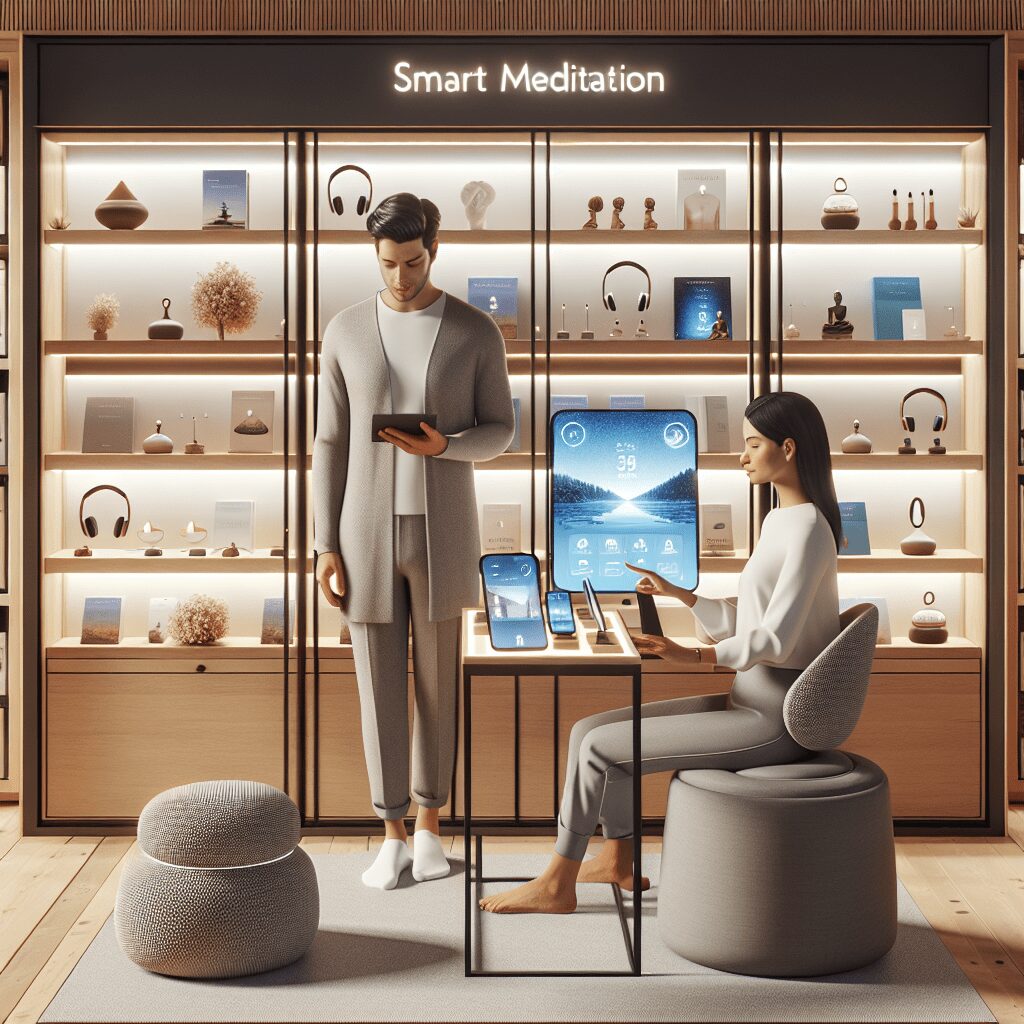
Prioritize your mental well-being daily. Enhance your life by nurturing your mental health with the Smart Meditation app. Break free from stress, alleviate anxiety, and enhance your sleep quality starting today.
Are Anxiety And Depression Mood Disorders?
Unraveling the Mystery: Are Anxiety and Depression Mood Disorders?
In the grand tapestry of mental health, anxiety and depression often take center stage, casting long shadows on many people’s lives. Yet, there’s a swirling fog of confusion about where exactly these two fit in the broader spectrum of psychological conditions. Are they mood disorders, or do they belong to a different category altogether? Let’s dive into the nitty-gritty and shed some light on this perplexing question.
The Intricate Web of Mood Disorders
First things first, let’s lay the groundwork. Mood disorders are a category of mental health issues that primarily affect a person’s emotional state. They can ride the roller coaster from the euphoric highs of mania to the desolate lows of depression. It’s a bit of a misnomer, though, because mood disorders touch on more than just mood; they affect energy levels, sleep patterns, and several other aspects of daily living.
Depression: The Lowdown
Depression, also known as Major Depressive Disorder (MDD), is the poster child for mood disorders. It’s like being stuck in a never-ending loop of sadness, loss, or anger that interferes with a person’s everyday activities. Think of it as trying to swim upstream in a river of molasses — mentally, physically, and emotionally draining.
Symptoms of depression can range from feelings of worthlessness, persistent sadness, and loss of interest in previously enjoyed activities to changes in appetite and sleep patterns. Long story short, if you’re dealing with depression, you’re squarely in the domain of mood disorders.
Anxiety: A Different Beast?
Now, here’s where the waters get a tad murky. Anxiety, characterized by excessive worry, fear, or unease, typically gets filed under ‘Anxiety Disorders’ rather than ‘Mood Disorders.’ However, it’s not as clear-cut as it sounds. Anxiety often crashes the party, hand in hand with mood disorders, especially depression. It’s like they’re two peas in a pod, frequently seen hanging out together but not quite the same.
To uncomplicate things, think of anxiety disorders as encompassing a broad range of conditions, including Generalized Anxiety Disorder (GAD), Panic Disorder, and Phobias, among others. These disorders are primarily centered around anxiety and fear, rather than the emotional highs and lows associated with mood disorders. However, the intersection of anxiety and mood disorders, particularly with depression, is a hotbed of co-occurrence, meaning it’s not uncommon to see them in tandem.
So, What’s the Verdict?
Ah, the million-dollar question. When it comes to categorizing anxiety and depression, here’s the skinny: depression is unequivocally a mood disorder. It’s about as straightforward as it gets in the complex world of mental health classification. Anxiety, on the other hand, saunters into the room under the banner of ‘Anxiety Disorders,’ though it often mingles freely with mood disorders.
However, the take-home message here is not to get too hung up on labels. Whether we’re talking about mood disorders, anxiety disorders, or any other mental health conditions, the paramount concern is recognizing the signs, seeking help, and embracing a path toward management and recovery. After all, in the labyrinth of mental health, understanding and empathy are our best guides.




